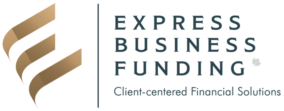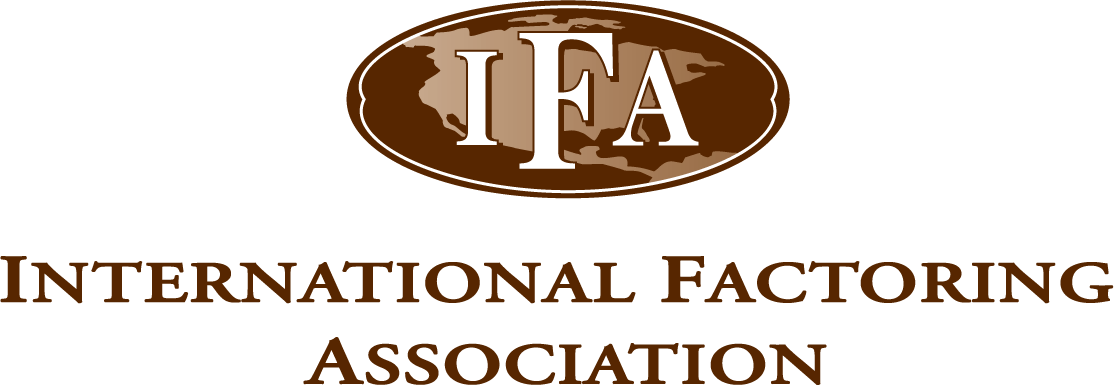How to Get the CRA off Your Back
& How EBF Can Assist You

There is, arguably, no greater burden on a business than the stress of being unable to meet tax obligations. At EBF, we understand that more times than not, businesses that are in arrears with the Canadian Revenue Agency (CRA) are in their situation at little to no fault of their own. We understand that businesses are forced to operate in an increasingly turbulent economic environment and that there are often extenuating circumstances which have led them to the point that they are at.
In this article, we assess why it is important to stay up to date with your tax payments, how to catch up on tax arrears, and how we can assist you in this situation.
Why it is important to stay up to date with tax payments.
Tax is one of the cornerstones of a functional society. It allows governmental bodies to provide critical services and assists in maintaining the standard of living that we enjoy in Canada.
EBF’s Chief Growth Officer, Gareth Bird, comments, “To start with, it’s crucial to emphasize that I believe in the importance of paying taxes and fulfilling my business’s obligations to contribute to the country’s development and social services. However, the complexity of tax laws and the constant changes can be overwhelming for business owners like. When the CRA is constantly scrutinizing our businesses, it feels like an unwanted burden, diverting our attention from core operations and hindering growth. The fear of potential audits, penalties, or investigations creates a cloud of uncertainty that can negatively impact decision-making and overall morale.”
In short, beyond the social obligations which necessitate taxpaying, there is the hindrance to business which must be considered. This can feel like you’re getting more stick than carrot but is essential if you want to remove hindrances from your business’ growth.
How-to catch-up tax arrears (get the CRA off your back).
There are several ways that you can begin to get the CRA off your back today:
- Engage a tax specialist: When dealing with any tax matters, particularly when catching up on tax arrears, it is best to engage the services of a professional. Professionals understand the intricacies of tax rules and regulations and will ultimately save you time and money by circumventing many of the stumbling blocks which business leaders can become entangled with when trying to handle their taxes independently.
- Begin keeping track of all income and expenditure: When working with the CRA, you will be required to present a meticulous account of all income and expenditure. By keeping a record of all monies going in and out of your business account, you will be prepared for any potential requests that you may receive. If you have not done this previously, you should also prepare historical income and expenditure documents, so that when the time comes to present them, it is on hand.
- Be transparent: While the CRA will make every effort to retrieve outstanding monies, they are also aware that extenuating circumstances do occur. As such, they are willing to work hand in hand with businesses that require leniency (in payment cycles, payment values, etc), so long as the business with whom they are working is willing to provide full transparency when required.
- Ask for a payment plan: The CRA understands that crippling a business by asking for larger repayments than it can afford is, ultimately, short-sighted. More often than not, the Agency is prepared to provide flexible repayment terms to assist businesses in remaining operational while repaying debt.
How to set up a payment plan with the CRA.
- Assessment and Communication: The first step would be to assess the total amount of tax debt owed to the CRA. This includes any outstanding taxes, interest, and penalties. Once I have a clear picture of the debt, proactively reach out to the CRA to communicate your willingness to address the issue and explore the possibility of setting up a payment plan.
- Contact the CRA: Next, contact the CRA through their business inquiries phone line or the My Business Account portal. Being courteous and cooperative during these communications is vital, as it can positively impact the Agency’s willingness to work with you to find a suitable payment arrangement.
- Provide Financial Information: The CRA will require you to provide detailed financial information about your business, including cash flow statements, profit and loss reports, and other relevant financial documents. This data will help them assess your business’s ability to make regular payments and determine the most effective payment plan.
- Negotiate the Payment Plan: Based on the financial information provided, the CRA will propose a payment plan that considers the amount owed, your business’s financial capacity, and the CRA’s policies. It’s essential to review the terms carefully and ensure they are feasible for your business. If you feel that the terms provided are not realistic, it is critical that you raise this with the Agency before agreeing to the plan.
- Acceptance and Compliance: If the proposed payment plan is acceptable, it is advisable to accept it in writing or through the CRA’s designated channels. Once the plan is in place, it is crucial to adhere strictly to the agreed-upon payment schedule to maintain compliance and demonstrate goodwill to the CRA.
How EBF assists businesses in getting the CRA off their back.
EBF provides finance solutions to businesses of all sizes and circumstances. This allows businesses to access capital to promote growth – allowing them to regain profitability once again. Increased cash flow also makes it possible for businesses that are cash-strapped to engage the services of a tax professional.
“I empathize with businesses facing external events beyond their control. Such situations can create significant challenges for businesses, including financial strain, decreased revenue, and difficulties in meeting tax obligations. At Express Business Funding, we understand that businesses may encounter unexpected hurdles, and it’s essential to offer flexible financing options to support them during tough times. We can provide tailored solutions to help businesses bridge financial gaps, meet their tax obligations, and navigate through these difficult periods,” concludes Bird.
If you would like to find out more about how we can assist your business in catching up on outstanding tax debt, get in touch with us here.


